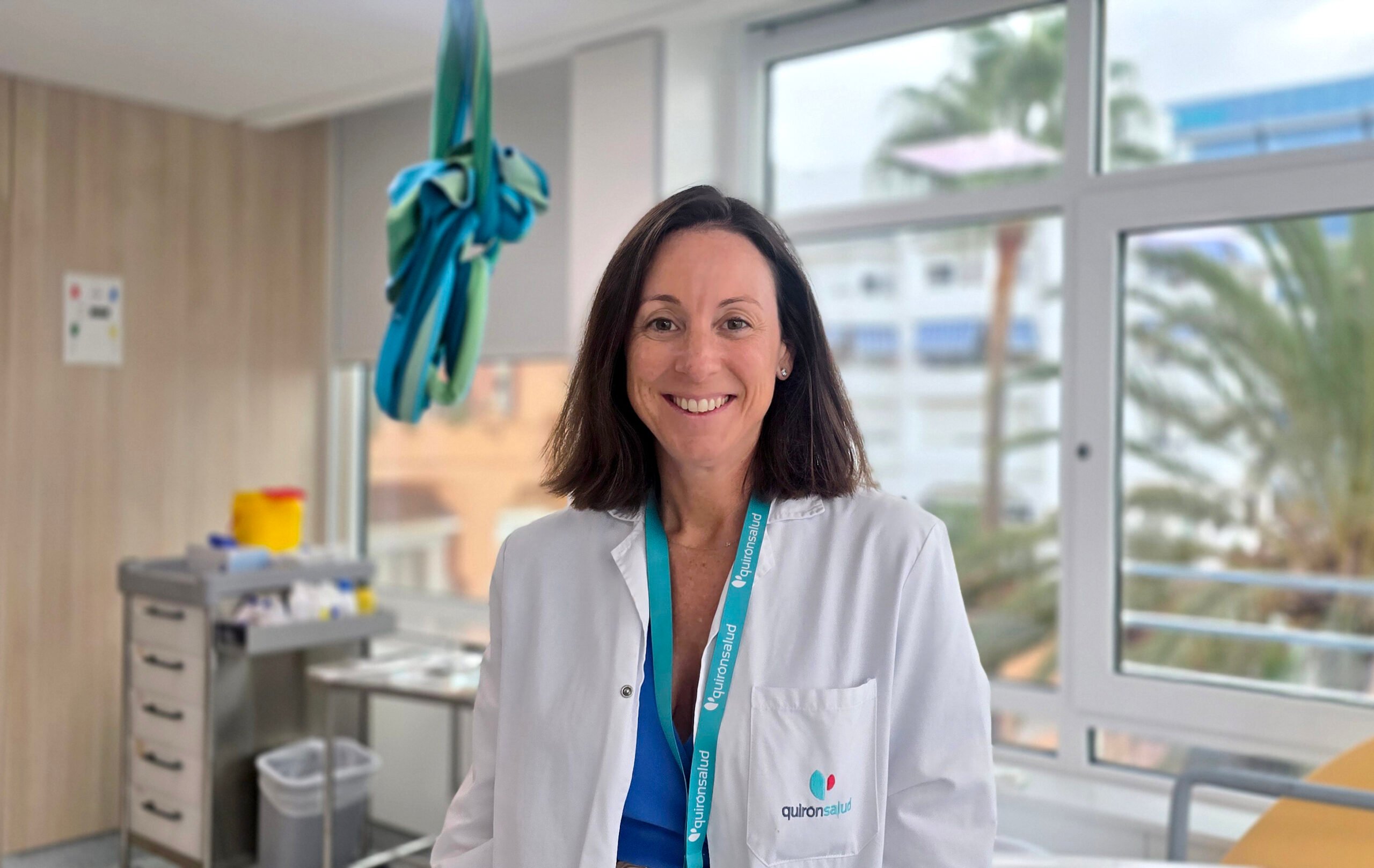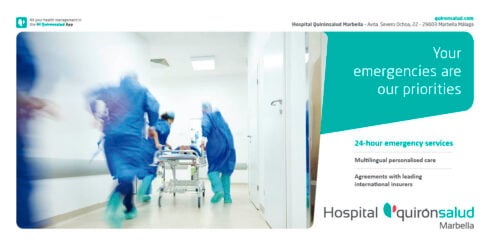FOR expectant mums, this month might just be the perfect time to escape – cooler weather, fewer crowds, and a more relaxed pace.
That’s the view of Dr Isabel María Blanco Herráez, head of Obstetrics and Gynaecology at Quirónsalud Marbella, who says: “September offers a natural relief from the heat and a drop in tourist numbers once schools are back.”
She’s quick to stress that travel during pregnancy is generally safe – providing it’s a low?risk pregnancy and cleared by your gynaecologist. She recommends the sweet spot for travel is the second trimester (weeks 14–28), when morning?sickness and miscarriage risks have typically eased. In the third trimester, discomfort or restricted movement can spoil the fun.
Before you set off, Dr Blanco insists on a pre?trip check – a scan and obstetric assessment to rule out complications like ectopic pregnancy or risk of premature labour.
During summer, she says the two top complaints from travelling pregnant women are heat exhaustion and over?walking. Symptoms like swollen legs, dizziness, heavy limbs or reddened skin often send them straight to the emergency room. Most cases are resolved with rest, hydration and shade. But some escalate to premature labour threats or membrane rupture, requiring hospital care.
On transport, Dr Blanco says all modes are fine with caveats. Road trips should have frequent stops, and the seatbelt must be below the bump, never across it. Airlines cap travel in the third trimester, so always check your carrier’s rules. Opt for an aisle seat, stretch regularly, buckle up, avoid fizzy drinks and take any anti?nausea meds prescribed.
Hydration and diet are key. Drink bottled water, steer clear of tap unless boiled, avoid uncooked fruit or veg unless peeled, and ensure meat and fish are thoroughly cooked.
With precautions in place and doctor’s OK, September looks increasingly ideal — mild climate, relaxed surroundings, and fewer risks. Just plan smart, travel safely, and enjoy that precious downtime before baby arrives.
The Quirónsalud Group currently operates seven hospitals in Andalucía, in the cities of Málaga, Marbella, Los Barrios (Cádiz), two in Sevilla, Córdoba and Huelva. It also runs 18 specialist and diagnostic medical centres plus a surgical day hospital – putting it firmly in the top spot among private hospital providers in the region.
Quirónsalud is Spain’s leading health group – and, together with its parent company Fresenius?Helios, one of Europe’s biggest. It employs over 50,000 professionals across more than 180 healthcare facilities, including 57 hospitals with over 8,000 beds. It boasts cutting?edge technology and a high?profile, specialist medical team – names you’ll recognise include Fundación Jiménez Díaz Hospital, Teknon, Ruber Internacional, Quirónsalud Madrid, Quirónsalud Barcelona, Dexeus, Policlínica Gipuzkoa, General Hospital of Catalonia, and Sagrado Corazón.
Ten of its hospitals are university?affiliated, underscoring its commitment to teaching. It supports medical research via its accredited Institute of Health Research (Instituto de Investigación Sanitaria FJD) and works on translating research into clinical practice. Quirónsalud is known for pushing the envelope in fields such as oncology, cardiology, endocrinology, gynaecology and neurology, among others.
For more information, please visit www.quironsalud.com/marbella or call
+34 952 774 200
Click here to read more Health News from The Olive Press.









